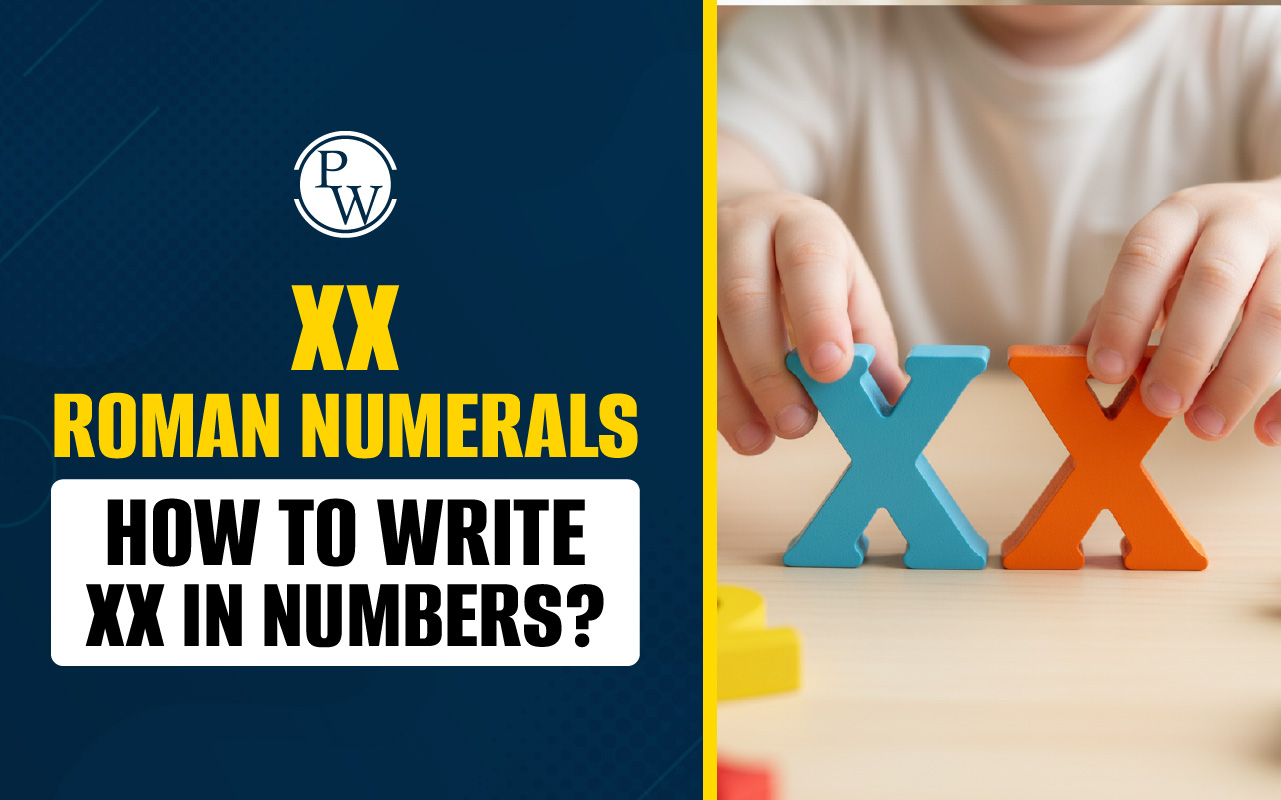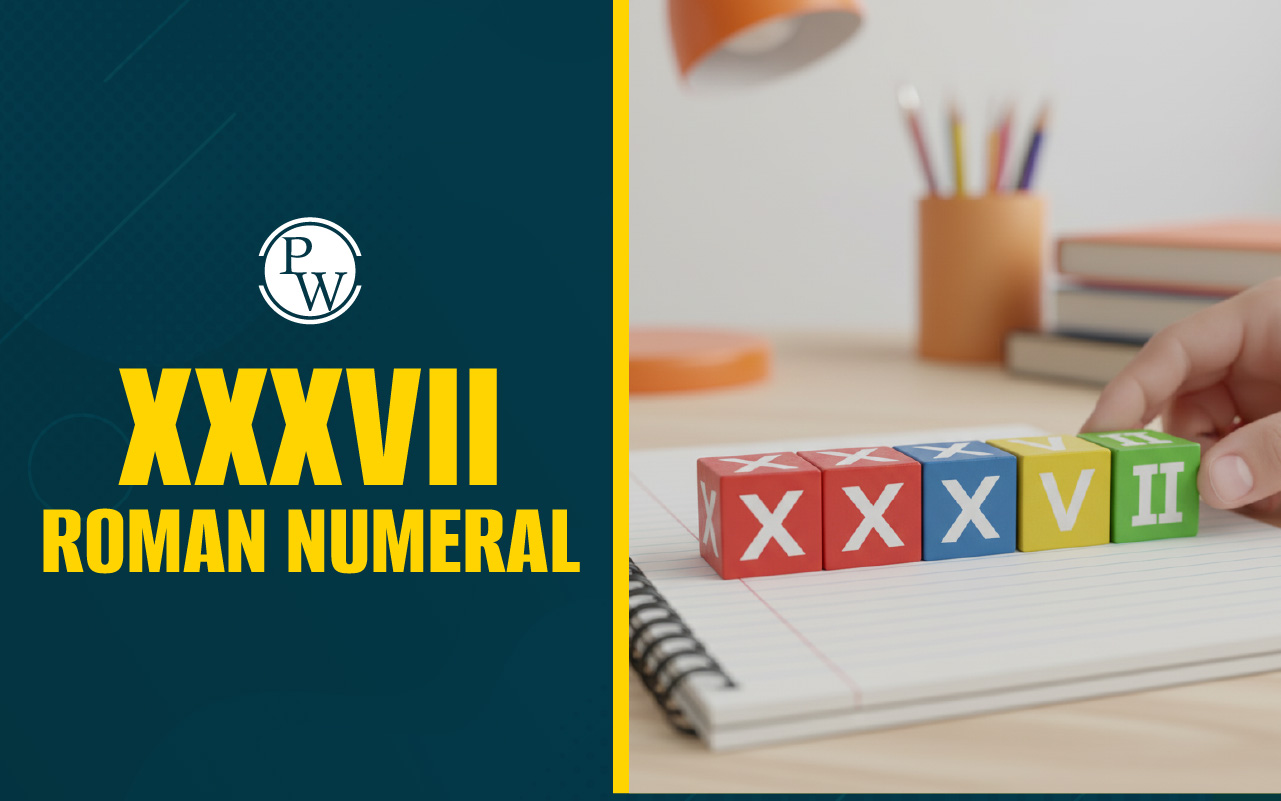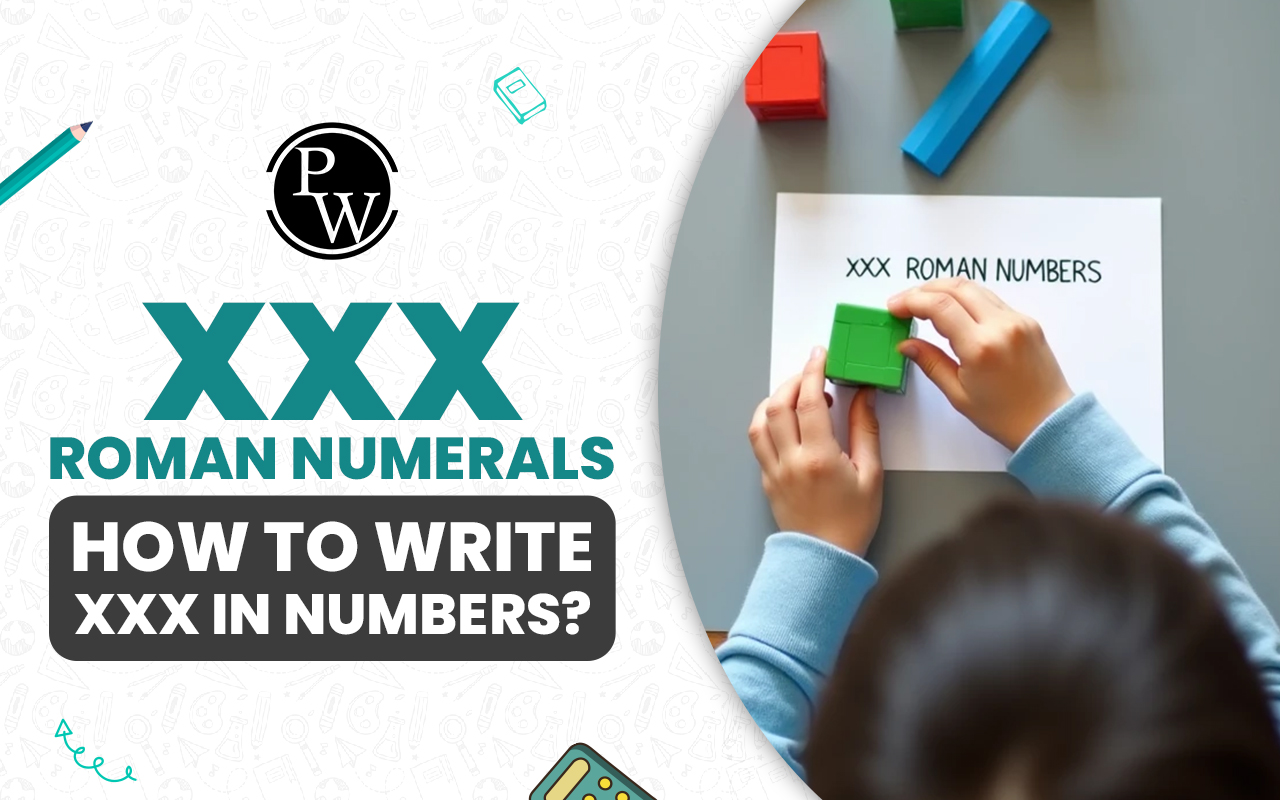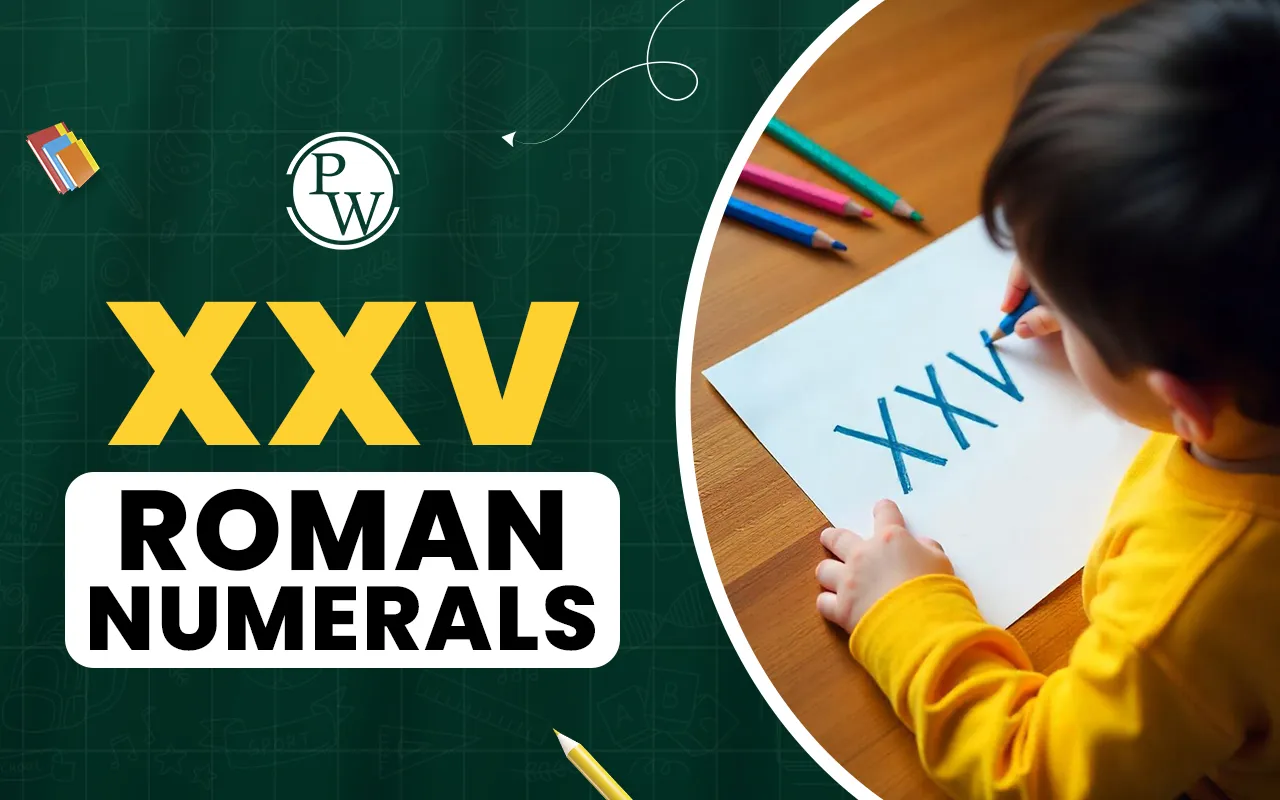
Subject and Predicate: Every sentence has two main parts: the subject and the predicate. The subject tells us who or what the sentence is about, and the predicate tells us what the subject does or what happens to it. Understanding the definition of subject and predicate can help children form clear and complete sentences. Let’s look at some subject and predicate examples to understand how these parts work together.
Read More: List of Homophones Words A to Z
Definition of Subject and Predicate
A sentence is divided into two main parts: the subject and the predicate. The subject is the person, place, or thing that the sentence is about. The predicate tells us what the subject is doing or what happens to it. For example, in the sentence "Tom runs," "Tom" is the subject because it's who the sentence is about, and "runs" is the predicate because it tells us what Tom is doing.
In the sentence "The cat sleeps on the mat," "The cat" is the subject, and "sleeps on the mat" is the predicate because it explains what the cat is doing. These two parts work together to form a complete, meaningful sentence.
What is Subject?
A subject is the main focus of a sentence. It tells us who or what is performing the action or being described. It is usually a noun, pronoun, or sometimes a group of words (called a noun phrase). For example, in the sentence "The mouse eats," "The mouse" is the subject because it is the one doing the action (eating). In another sentence, "John plays soccer," "John" is the subject because he is the one playing. Remember, every sentence needs a subject to make sense.
What is a Predicate?
A predicate is the part of a sentence that tells us what happens with the subject or what the subject is doing. It usually contains the verb (the action word) and may also provide extra details like the time, place, or how the action happens. The predicate explains the action or state of the subject.
For example, in the sentence "The bird flew across the sky," the predicate is "flew across the sky" because it tells us what the bird is doing. In another sentence like "She looks excited," "looks excited" is the predicate because it describes how she feels.
Predicates can be short, long, or even compound when more than one action is happening. They help give the sentence its full meaning.
Read More: How to Build Confidence While Speaking English
What is Subject and Predicate with Examples and Types
Many students wonder, "What is subject and predicate?" These two parts of a sentence are important to understanding how sentences work. The subject tells us who or what the sentence is about, while the predicate tells us what the subject is doing or what happens to it.
Understanding subject predicate helps create complete sentences. Let's uncover what is subject and predicate with examples along with their types to see their role in making sentences clear and meaningful.
Types of Subject
-
Simple Subject: A simple subject consists of just one person, thing, or animal. It's the main focus of the sentence. For example: "The dog barked." (Here, "The dog" is the simple subject.)
-
Compound Subject: A compound subject involves two or more people, things, or animals joined together. For example: "Tom and Jerry ran outside." (Here, "Tom and Jerry" form the compound subject.)
Types of Predicate
-
Simple Predicate: A simple predicate is when the subject does just one action or has one verb. For example: "The cat sleeps." (Here, "sleeps" is the simple predicate.)
-
Compound Predicate: A compound predicate is when the subject does two or more actions. It has more than one verb connected by "and" or "or." For example: "The dog barked and ran." (Here, "barked and ran" is the compound predicate.)
Read More: List of Three Letter Words in English
20 Subject and Predicate Sentences for Example
Now that students should have a clear understanding of the definition of subject and predicate, it’s important to look at some related sentences. By seeing how these parts work together in different examples, students will be able to grasp the concept and easily identify them in everyday sentences. Let’s explore 20 subject and predicate sentences for example, to better understand how these parts complete each other.
-
The dog (subject) barked loudly (predicate).
-
My friend (subject) is coming to the party (predicate).
-
The teacher (subject) explained the lesson clearly (predicate).
-
The sun (subject) sets in the evening (predicate).
-
She (subject) loves to read books (predicate).
-
The children (subject) played in the park (predicate).
-
Tom (subject) ate lunch at school (predicate).
-
The car (subject) needs to be washed (predicate).
-
The cat (subject) sat on the mat (predicate).
-
I (subject) am going to the store (predicate).
-
The birds (subject) sang beautiful songs (predicate).
-
Her mom (subject) baked a cake (predicate).
-
The rain (subject) fell gently (predicate).
-
They (subject) are playing soccer (predicate).
-
The flowers (subject) smell wonderful (predicate).
-
He (subject) runs every morning (predicate).
-
The students (subject) study hard (predicate).
-
The phone (subject) is ringing (predicate).
-
We (subject) had fun at the beach (predicate).
-
The chef (subject) prepared a delicious meal (predicate).
Read More: Types of Sentences with Examples
Subject and Predicate Practice Questions with Answers
Now that learners must have understood the basics of subjects and predicates, it's time for some practice. Find out the 10 simple sentences as outlined below to identify the subject and predicate in them. The answers are provided at the end to match the answers:
Identify the subject in the following sentences:
-
The teacher smiled brightly.
-
The dog barked loudly.
-
My brother loves playing soccer.
-
The children are singing a song.
-
The sun sets in the evening.
-
She went to the market.
-
The car is parked outside.
-
The book is on the table.
-
My friends are coming over.
-
The baby is sleeping peacefully.
Identify the predicate in these sentences:
-
The girl danced gracefully.
-
The teacher explained the lesson well.
-
The boy kicked the ball across the field.
-
The dog ran quickly towards its owner.
-
My friends are playing video games.
-
The flowers bloomed in the garden.
-
The children are singing a happy song.
-
The car stopped at the red light.
-
The baby laughed out loud.
-
The students finished their homework early.
Answers:
Subject Answers:
-
The teacher
-
The dog
-
My brother
-
The children
-
The sun
-
She
-
The car
-
The book
-
My friends
-
The baby
Predicate Answers:
-
danced gracefully
-
explained the lesson well
-
kicked the ball across the field
-
ran quickly towards its owner
-
are playing video games
-
bloomed in the garden
-
are singing a happy song
-
stopped at the red light
-
laughed out loud
-
finished their homework early
Knowing the examples, sentences, and definition of subject and predicate helps children build clear and effective sentences. By understanding these parts of speech, they can express themselves more confidently in both writing and speaking. To further enhance their English skills, consider exploring CuriousJr English Online Classes for a fun and interactive learning experience!










